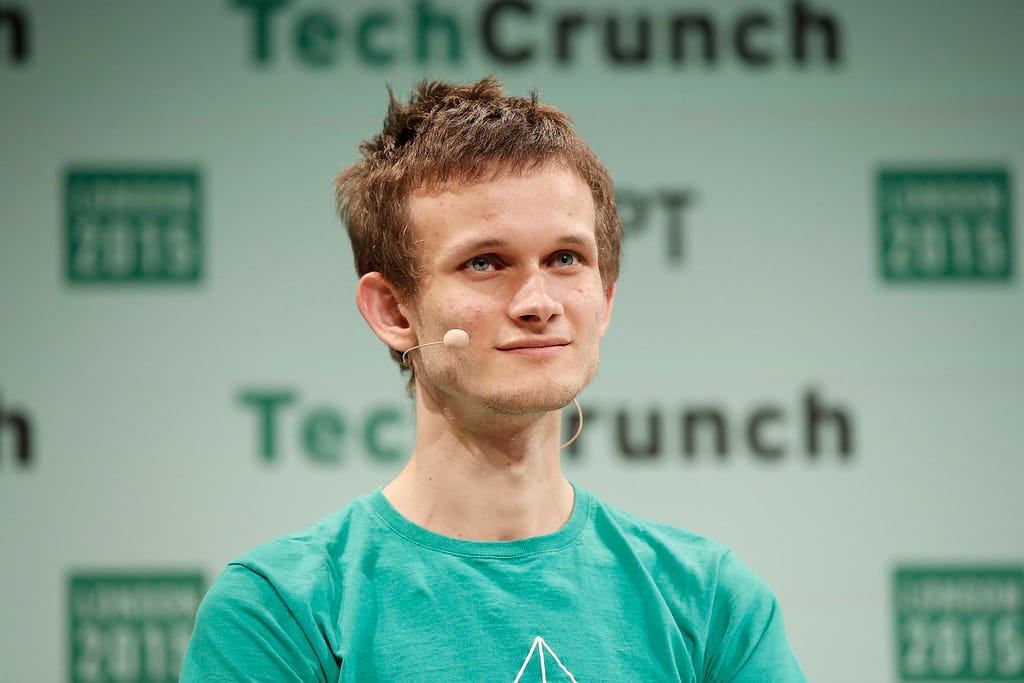
During an ask-me-anything on Reddit, Vitalik Buterin stated that an Ethereum gas limit increase is reasonable and claimed this is necessary to improve network throughput.
“I think doing a modest gas limit increase even today is reasonable. The gas limit has not been increased for nearly three years, which is the longest time ever in the protocol's history.”
Gas fees are paid for every computation executed on the network. They help to avoid infinite loops or other computational wastage as they create a limit to how many computational steps a transaction can use. More complicated transactions require more computational work, so they require more gas. A standard ETH transfer requires around 21,000 units of gas (around $3 at the time of writing, although the cost can be very volatile).
The block gas limit is the maximum amount of gas that can be spent on the transactions executed within one block. At launch in 2015 the average block's gas limit was around 3 million units. Since then it has been gradually increasing and reached 15 million units in April 2021. The limit technically doubled in August 2021 after the implementation of the London hard fork. Since then, each block has a target size of 15 million units but the actual size of a block can vary depending on demand, with the maximum set at 30 million. According to Buterin, that was a "fake" increase, as the actual average usage rose only by around 9%.
Buterin calculates that the limit should be increased to around 40 million. With a current gas limit of 30 million, the increase would represent around 33%, which might not seem so "modest". However, Buterin draws a parallel to Moore's law, which states that the number of transistors on a microchip doubles about every two years, though their production costs stay the same or even go down.
Increasing the gas limit could potentially increase the network’s capacity and reduce fees as more transactions will fit in one block, but would also create more load on hardware and extra work for miners, as they will need more time and computing power to process each block. Some Reddit users expressed doubts that the hardware is actually developed enough to process blocks of that size, and whether this kind of hardware is accessible to the general public in terms of price.
The same person who asked about gas limits posed another question concerning Buterin’s recent proposal for a PoS simplification, which involves the reduction of the number of validator signatures required per block. According to Vitalik’s answer, the most popular solution at the moment is to implement a rotating participation, as this allows solo staking and would thus keep the network decentralized.
According to the Ethereum roadmap, we might see a lot of important improvements for the blockchain this year. In Q1 we should witness the next major upgrade for the blockchain: Dencun. In this upgrade the developers will implement a new 'proto-danksharding' process that aims to reduce the cost of data availability across all L2s. We continue to Observe.

